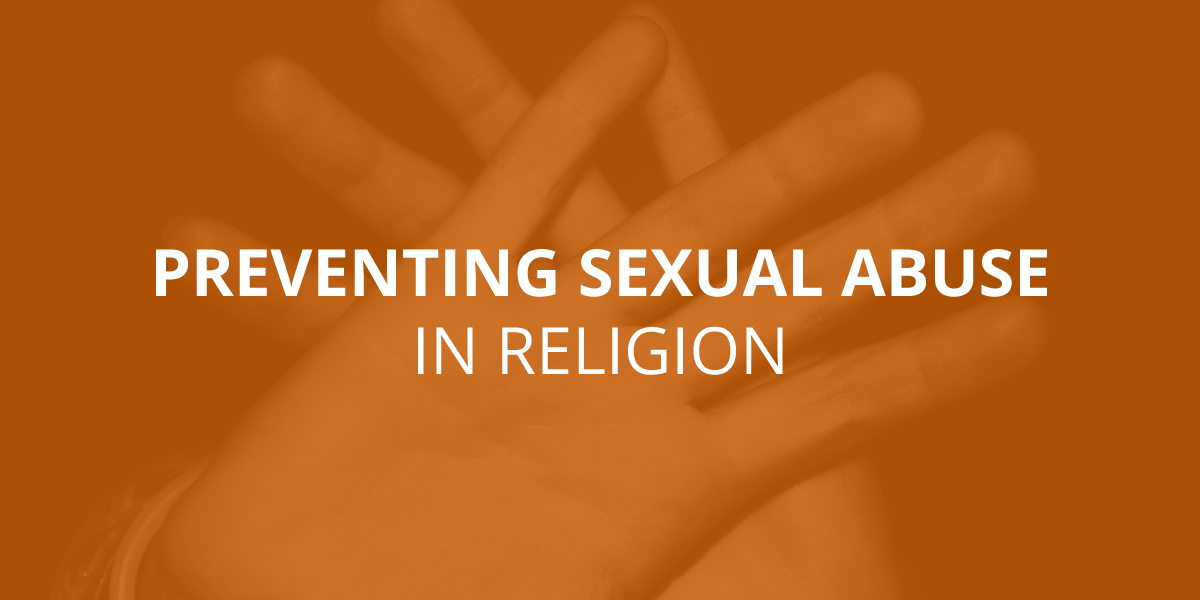
Sexual abuse in North Carolina churches continues to haunt victims. Just last July, a survivor of clergy abuse called for more transparency within the Charlotte Catholic Diocese. He told reporters that he was still traumatized 22 years after a priest touched him in 1996 during the sacrament of confession. Although he claims to have alerted church authorities, the church allegedly took no action. To this day, the Charlotte Diocese continues to refrain from releasing the names of church leaders accused of sexual abuse.
In recent years, the media has prominently featured disturbing accounts of clergy sexual abuse. The Catholic Church alone has paid child victims of abuse millions of dollars in settlements. However, Catholic priests are not the only religious leaders who allegedly take advantage of those who trust them: in a wide array of religious denominations, pastors, ministers, rabbis, deacons, church musicians, youth group leaders, and other figures have also been charged with sexual assault.
While many victims have spoken out and demanded accountability after years of silence, others are still summoning their courage to do so.
Why Is Clergy Abuse Underreported?
Sexual abuse by religious leaders has been significantly underreported. The dire consequence of victims’ failure to speak out is that it leaves the abusers free to continue scarring additional victims. Victims who finally do come forward have explained some of the reasons for delayed reporting:
- Social hierarchy Victims often feel socially inferior to their abusers. Although the abusers violated their code of ethics and positions of trust, their “religious leader” status places them on a sort of pedestal. Some victims fear that people may blow off early accusations simply because religious leaders usually are respected pillars of their communities. Making matters worse, the abusers often prey on these sentiments by telling victims nobody will believe them.
- Age of victim When the victim is a young child, they often remain silent because they do not fully understand what is happening. Even if they do understand, they often feel such guilt or shame that they shy away from telling their story to a trusted adult.
- Mental or physical intimidation In a religious setting, sexual abusers become masters at intimidation and threats. An abuser may convince a victim that the sexual contact or activity is normal, or sanctioned by God, or, at the very least, that it was the victim’s fault. To compel silence and allow for repeated abuse, the abuser may also threaten to harm a victim’s family and friends.
- Absence of physical evidence. Abusers tend to use manipulation instead of physical violence to control their victims, making sexual abuse difficult to detect. If a victim does not immediately report the abuse, physical evidence such as DNA evidence may disappear, making a claim even more difficult to prove.
- Concern about the church’s reputation Many victims of sexual abuse in a religious setting are extremely devout, loyal members of their church. They may want to protect the reputation of their church, religion, leader, denomination, or community by keeping the abuse private from outsiders. Some church leaders, in turn, assist in keeping evidence of sexual abuse hidden from the public by assuring the victim they will report the allegations and “deal with” the problem internally. For example, the Catholic Church often dealt with complaints by transferring deviant priests from one parish to the next to conceal evidence of their abusive conduct. Of course, this type of internal action does nothing to stop the abuse and merely increases the potential victim pool.
Speaking Out Is Important
If you were sexually abused by a priest or pastor or other religious figures (either as a child or adult), you likely have feelings of shame and embarrassment each time you remember what happened. Your formerly carefree or successful life is now characterized by low self-esteem, depression, and PTSD. Your relationships and work suffer as you blame yourself for what happened.
It is not your fault.
We can’t stress this point enough. You did not invite the abuse. Someone in a position of trust took advantage of you. If you speak out, you are not betraying your religion; instead, you are calling out a sexual predator who inflicted on you and probably on others lifelong emotional and psychological pain.
If you want to come forward with your story, your selflessness and courage are to be applauded. You are also not alone, and help is available. At Copeley Law, our experienced and compassionate clergy sex abuse attorneys are dedicated to pursuing justice for both child and adult survivors of clergy sexual abuse.
We are passionately committed to bringing sex abusers among the clergy to justice and demanding accountability from those who may have aided the abusers by ignoring or covering up evidence. Anyone who puts the reputation and financial interests of a religious institution over the pain and struggle of a person must be held liable.
Even if years have passed since your molestation occurred, talk to us. We may still be able to help you develop your case and recover the financial resources you need to rebuild. To talk confidentially with a trusted North Carolina sex abuse attorney, contact us today.
